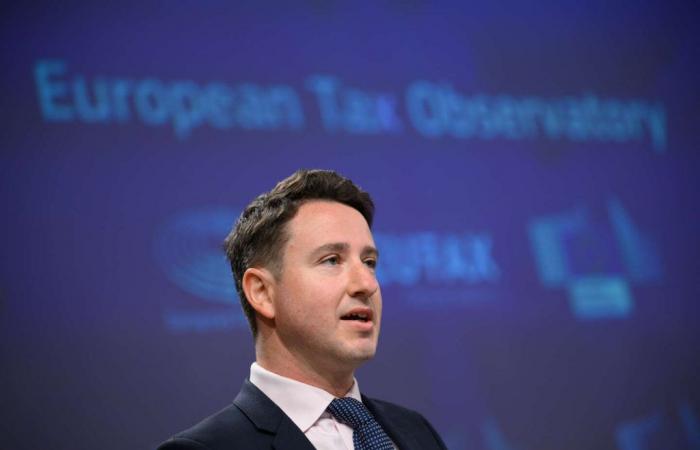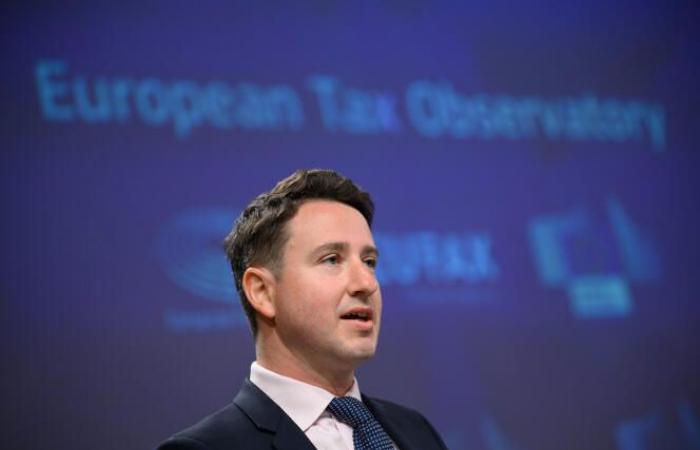The ultra-rich are largely escaping taxes around the world, and this tax injustice is fuelling distrust of institutions, explains Gabriel Zucman, director of the European Tax Observatory. In a report commissioned by Brazil, which is chairing the G20 this year, the economist advocates the introduction of a global tax on their wealth, which could bring in $250 billion (€233 billion) per year for states.
Your report highlights that the world’s 3,000 billionaires largely avoid paying taxes. How did this happen?
First of all, it is a failure of income tax, normally the cornerstone of tax progressivity. For people with high wealth, it is easy to structure their fortune so that it generates little taxable income. The extent of the phenomenon was ignored for a long time, but several recent studies have quantified it: the avoidance of income tax by the largest fortunes is massive and systematic.
Today, the only tax that really hits billionaires is the corporate tax, which they pay through the companies they own. But the rate of this tax has fallen significantly in recent decades, due to the race to the bottom between states and the relocation of profits to tax havens.
Read also | Article reserved for our subscribers “Corporate tax cuts over the last fifty years have boosted innovation and employment”
Add to your selections
Result: all taxes combined, the compulsory deductions paid by billionaires have collapsed. The case of the United States is striking. In the 1950s, American billionaires paid more than 50% of their income in taxes. Today, their rate is around 20%.
What were the consequences?
These tax changes have contributed to the explosion of billionaire wealth. In 1987, it represented the equivalent of 3% of global gross domestic product. Today, it has reached 14%. However, almost half of this growth is the result of their lower taxation, which has allowed them to accumulate more wealth, through a snowball effect. Billionaire wealth has increased by 7.1% per year since 1987 (after subtracting inflation), while wealth per adult has only increased by 3% per year on average worldwide.
Has this enrichment of billionaires benefited the rest of the economy, through the so-called “trickle-down” effect?
Consider the United States, which has made the most thoroughgoing attempt to test this trickle-down theory. In 1980, when Ronald Reagan won the presidential election, the top marginal income tax rate was 70 percent—the highest in the industrialized world. By 1986, it had fallen to 28 percent—the lowest in the industrialized world.
You have 73.04% of this article left to read. The rest is reserved for subscribers.







